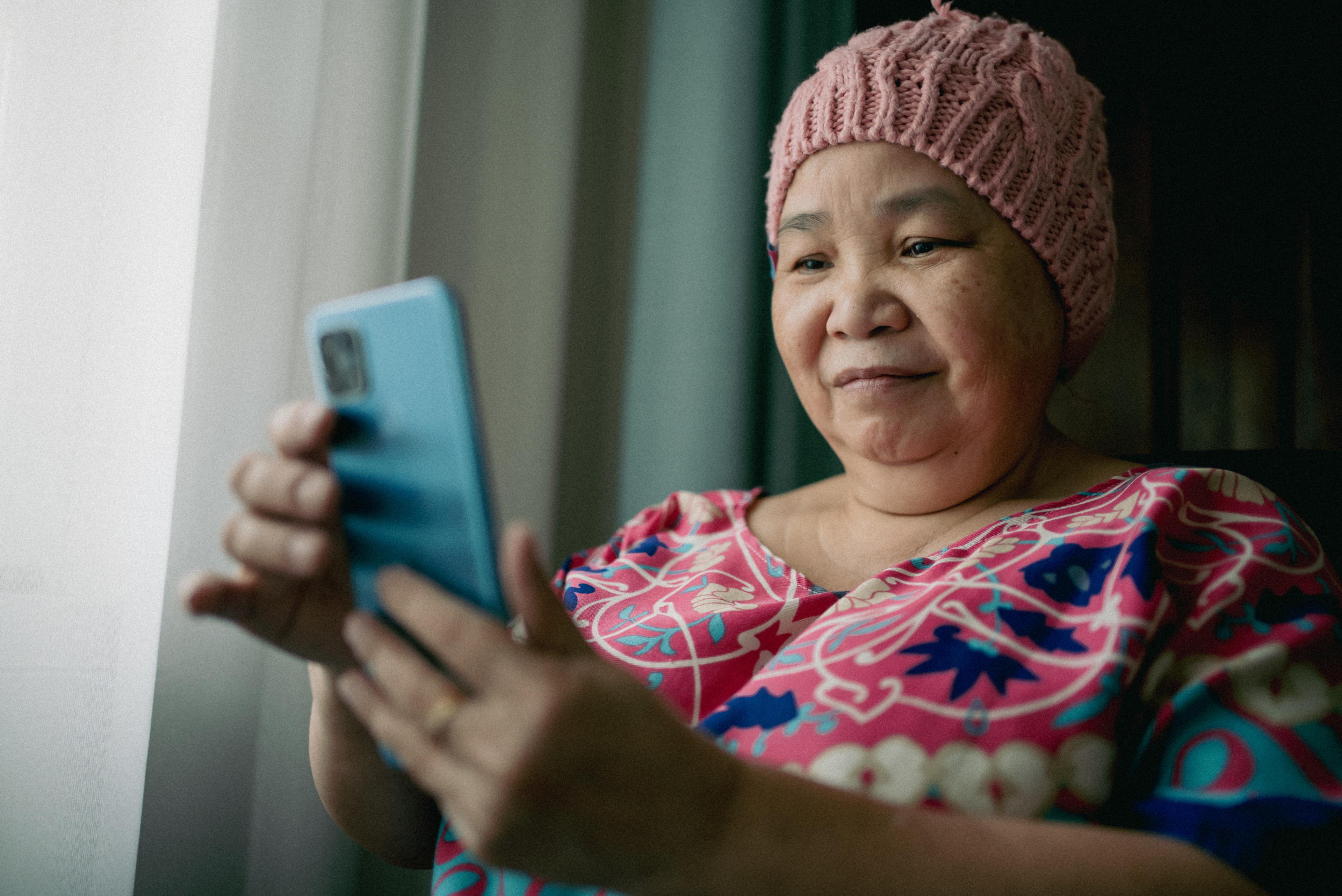
Newly diagnosed cancer patients will understandably have a lot of questions to ask their health care team, such as “how did I get cancer?” and “how aggressive is it?” Further down the list, one of those questions may be “is my cancer contagious?”
The notion that cancer is contagious is somewhat of a long-held myth. Generally, the answer is no, it is not a contagious disease. But in some rare instances – as explained below – cancer can be transmitted from one person to another.
Can cancer evolve to be contagious?
Cancer cannot spread through close contact. A person with cancer cannot spread it to someone else through sex, kissing, touching, and sharing meals or beverages. The reason cancer is not a contagious disease is because cancer cells are unable to live in the body of another healthy person. Our immune systems find foreign cells and destroy them. Think of it this way: If cancer were contagious, we would have cancer outbreaks within our families, friend circles and workplaces like we do with the flu.
Can certain infections increase cancer risk?
Although cancer itself is generally not contagious, there are some germs that factor into the development of certain cancer types, according to the American Cancer Society. Infections that have been linked to cancer can include viruses – like Human papillomaviruses (HPVs) – bacteria and parasites. The fact that certain infections can evolve into cancer may be misconstrued by some people, who think cancer can be caught.
Organ transplants and cancer risk
One of the only feasible ways cancer can spread from person to person is through organ or tissue transplantation. If an organ or tissue donor had cancer in the past, the person receiving the donation could face an increased risk of developing transplant-related cancer. Still, that risk is low, according to the National Cancer Institute, which states that roughly two out of every 10,000 organ transplants result in cancer for the recipient. Additionally, organ donors are carefully screened for cancer to reduce this risk.
Cancer transfer during pregnancy
Cancer also rarely impacts pregnancy. Even if a woman has cancer while pregnant, the cancer rarely affects the baby, according to the ACS. The only natural route for transmission is through the hemochorial placenta, which does connect cell and blood traffic from mother to baby, but this is another extremely rare outcome. Most cancers cannot affect the baby itself.
Spend time around loved ones with cancer
Not only is cancer not contagious – those who are diagnosed with it need to connect with loved ones more than ever. People with cancer need to be around other people. Don’t be afraid to reach out to a person in your life to schedule some time together.
Photo credit: Getty Images
Keep reading:





